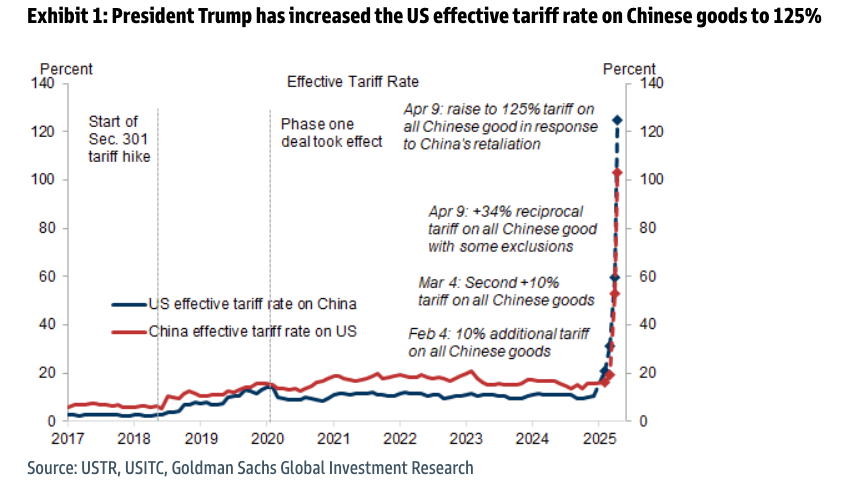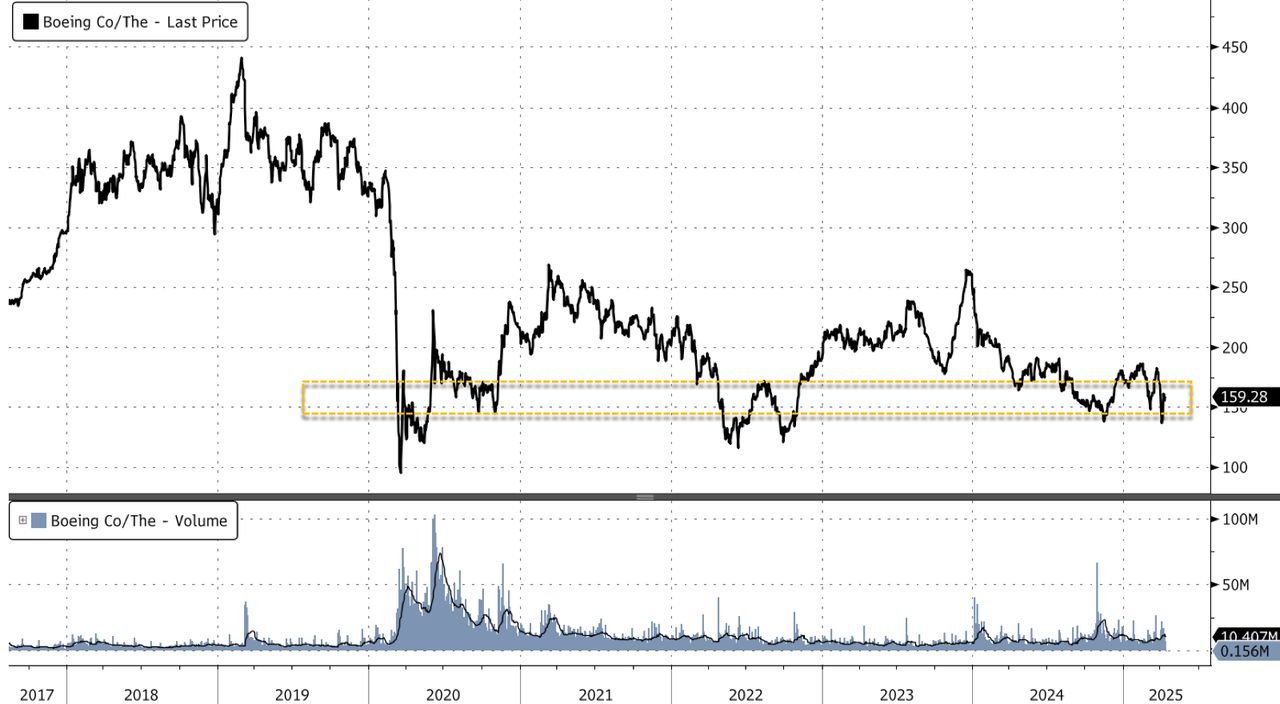This article was originally published by Tyler Durden at ZeroHedge.
Days after Juneyao Airlines postponed the delivery of a widebody jet from Boeing, Beijing has escalated its trade war response—quietly ordering all Chinese carriers to suspend further Boeing deliveries, according to Bloomberg, citing people familiar with the situation. The move marks a broadening of non-tariff retaliation amid a deepening tit-for-tar trade war between the U.S. and China.
Here’s more color from the report:
China has ordered its airlines not to take any further deliveries of Boeing Co., according to people familiar with the matter.
. . .
Beijing has also asked that Chinese carriers halt any purchases of aircraft-related equipment and parts from U.S. companies, the people said, asking not to be identified discussing matters that are private.
The order came after China unveiled retaliatory tariffs of 125% on American goods this past weekend, the people said.
. . .
The Chinese government is also considering ways to provide assistance to airlines that lease Boeing jets and are facing higher costs, the people said.
. . .
Delivery paperwork and payment on some of these jets may have been completed before the reciprocal tariffs announced by China on April 11 took effect on April 12, and those planes may be allowed to enter China on a case-by-case basis, some of the people said.
Last week, Beijing hiked its effective tariff rate on US goods to 125%, countering President Trump’s 145% tariff rate.

Beijing also shifted to non-tariff retaliation, limiting Hollywood film imports, slowing rare earth export shipments, and weakening the yuan.
The Bloomberg report sent Boeing shares down roughly 3.5% in New York trading. The stock is down 10% year-to-date (as of Monday’s close) and hovering near Covid-era lows, still showing no signs of a meaningful recovery.

Let’s not forget that China’s non-tariff countermeasures may also include:
- Export Controls and Quotas
- Currency Devaluation
- Boycotts (State-Inspired)
- Licensing & Certification Hurdles
- Restricting Market Access
- Pressure Big Tech With Cybersecurity & Data Laws
- Limiting Cultural Imports
- Selling U.S. Treasuries
The trade war might be far from over…
Read the full article here



